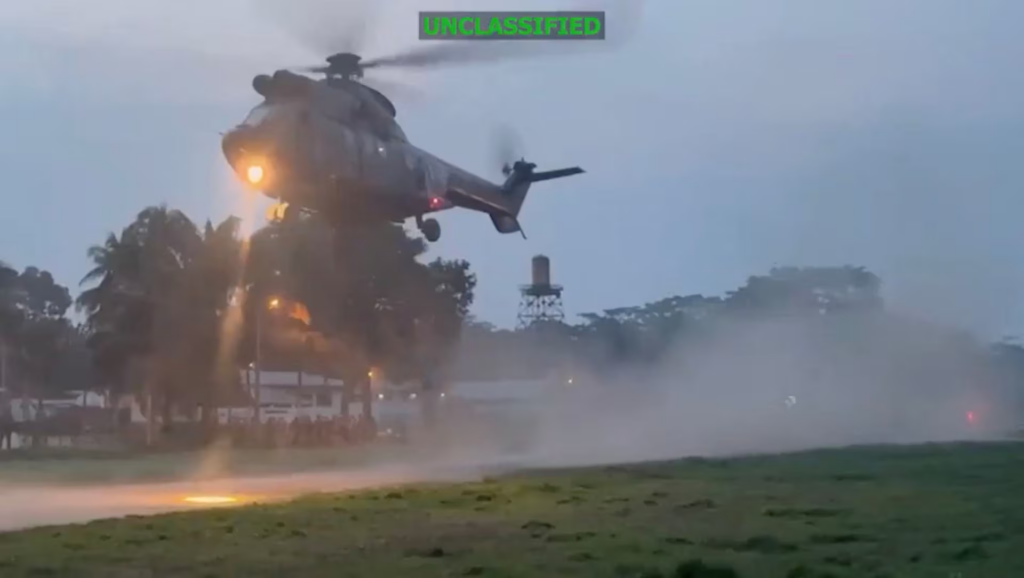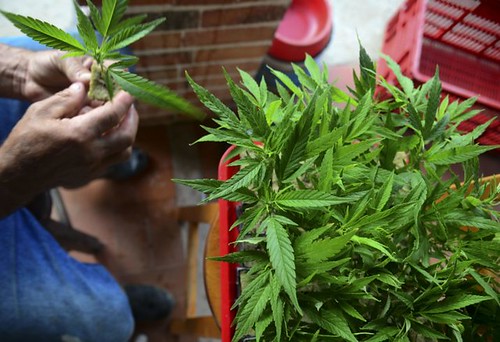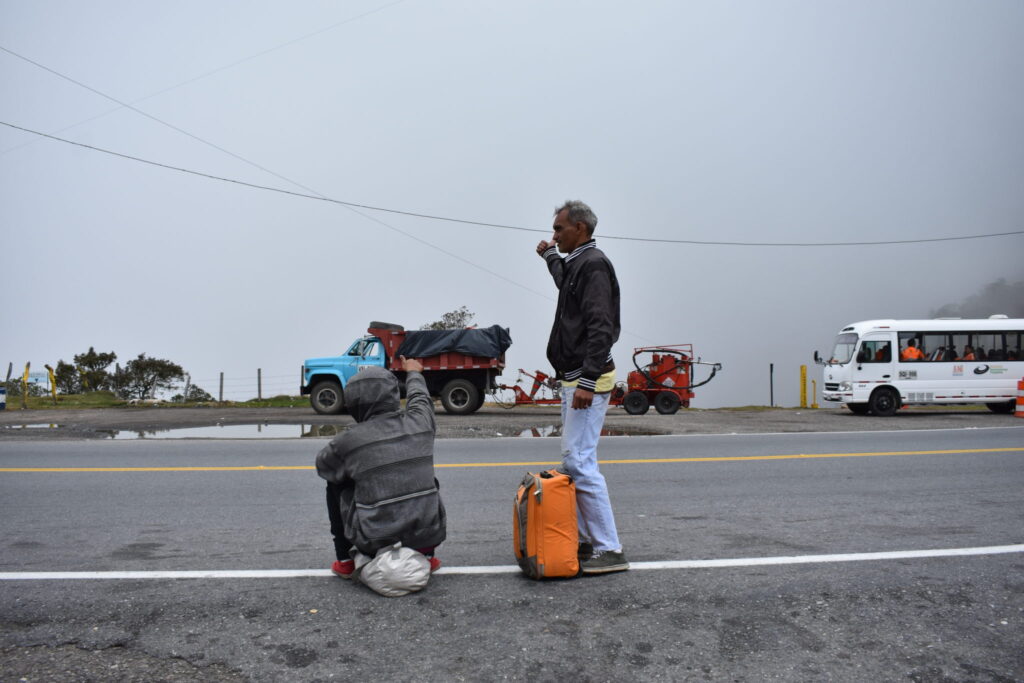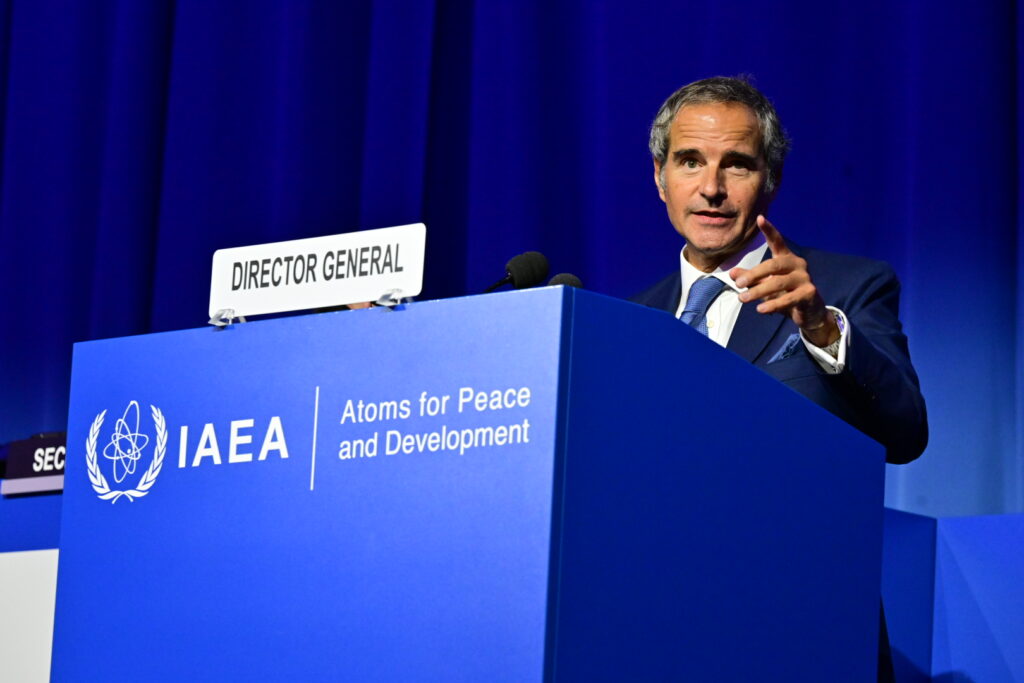Bolivia is set to have its first non-leftist president in two decades, following a first round of voting which placed centrist and right-wing candidates in the lead.
After Sunday’s first election round, centrist candidate and senator Rodrigo Paz of the Christian Democratic Party led with 32.8% of the vote, and right-wing former president Jorge “Tuto” Quiroga of the Alianza Libre coalition finished second, with 26.4% of the vote.
With neither candidate achieving a majority, the election will now go to a run-off vote in October.
Speaking to his supporters following the results, Paz said: “Thank you to all the men and women who have made this possible. We are the voice of those who didn’t appear in the polls, who didn’t exist and had no voice. There is a Bolivia that is ignored,” according to the BBC.
Meanwhile, Quiroga stated that “a two-decade long night had ended” following the first round of elections, saying that “democracy won” in Bolivia. Quiroga went on to explain that, if he becomes president, one of his main focuses will be “stabilizing the Bolivian economy,” EFE reported.
The results reflect an increasing shift away from the left, fueled by a bitter feud between former allies ex-president Evo Morales and incumbent Luis Arce, in addition to rape allegations against Morales.
Morales and Arce’s former party, Movement to Socialism (MAS), suffered a major blow in this year’s election, as the party’s candidate, Eduardo del Castillo, finished in sixth place, with only 3.2% of the vote.
Various isolated incidents of disruption were reported throughout the day, though international observers did not report any major issues.
One of the recorded incidents was an explosion near the polling station in the central city of Cochabamba, a Morales stronghold, where independent left-wing candidate Andrónico Rodríguez was set to cast his vote. The explosion is not believed to have caused any damage or injuries.
Rodríguez, branded a “traitor” by some Morales supporters for breaking ranks to run independently, had been considered the left wing’s strongest candidate. Later that day, he was targeted again when Morales loyalists threw stones at him.
Rodríguez received just 8% of the vote.
Ahead of the election, former president Morales had been calling on his supporters to spoil their ballots in protest of his ban from seeking a fourth term in office, claiming that, if 25% of votes cast were spoiled, it would constitute a victory for him.
Over 19% of the votes cast on Sunday were spoiled or blank ballots, which Morales said represented a “triumph,” according to media outlet erbol. He expressed his desire to “congratulate the Bolivian people” on the victory, adding that blank and spoiled ballots had “prevailed” in the election.
Morales added: “The fight continues,” and has organized a meeting for his supporters on Wednesday.
Meanwhile, Arce has applauded voters for “exercising their civic right and duty to our Homeland,” and for “democratically” participating in the electoral process.
“As the National Government, we have made every effort to ensure, despite the constant internal and external attacks aimed at sabotaging the electoral process, a peaceful and transparent electoral process. We have succeeded,” the president added.
At the forefront of voters’ concerns is Bolivia’s deepening economic crisis. The country has been suffering from fuel, medicine, and U.S. dollar shortages, with basic food items such as cooking oil, rice, and bread becoming increasingly scarce too.
A recent poll by CAPTURA found that 59.1% of Bolivians would rate the current situation in Bolivia as “very bad,” with 33.8% describing the country as “bad.” Only 0.3% of respondents qualified the situation as “good,” and 0.1% described it as “very good.”
When asked about their top concerns ahead of the upcoming election, 47% of respondents cited rising prices, and 44% pointed to corruption. Fuel shortages concerned 41% of voters, while 40% said they were worried by the lack of U.S. dollars.










